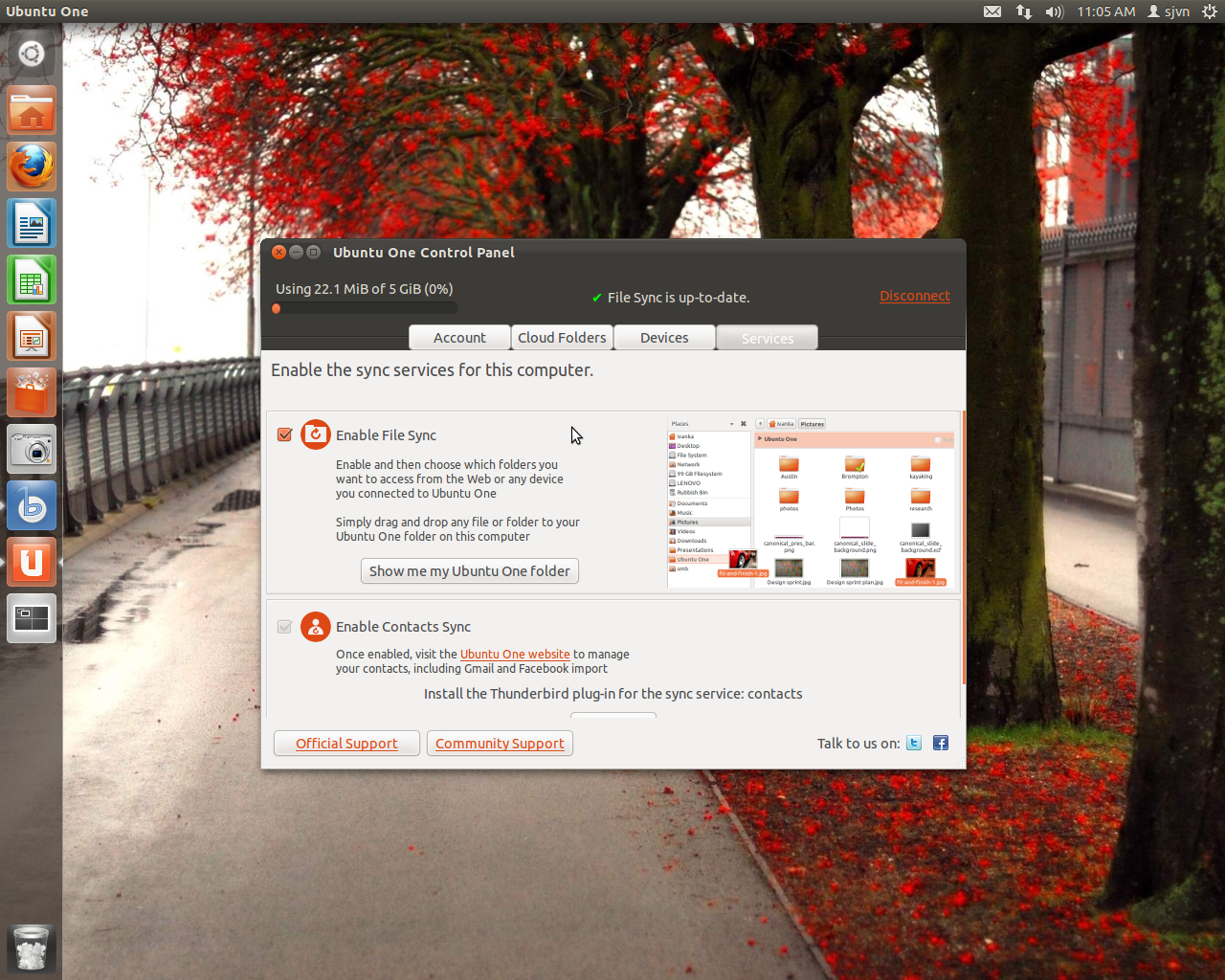Ubuntu wants to be your cloud and data-center Linux


Ubuntu Linux wants to be more than your Linux desktop, it wants to be your server and cloud operating system as well.
Linux fans are excited about Ubuntu's forthcoming long-term service desktop release, Ubuntu 12.04. That's all well and good. After all Canonical, Ubuntu's parent company hopes 20-million of you will buy Ubuntu PCs in the coming twelve months. But, Ubuntu also wants to be your Linux of choice for your cloud and data center.
A first look at Ubuntu Linux 12.04’s Unity desktop (Gallery)
On the cloud,. Canonical has reaffirmed its allegiance to the OpenStack alliance. But, the company is adding their own twist: “Any Web Service Over Me” (AWSOME). AWSOME, which is now available in beta, is a cloud proxy. It provides OpenStack application programming interfaces (APIs) that are also used in the Amazon’s EC2 and AWS public cloud services. The idea is to make it easy to deploy hybrid cloud workloads across both Amazon Web Services (AWS) and OpenStack clouds.
Since I foresee a war between EC2 and its allies and the OpenStack cloud supporters, I can see a service that will let you have both could be very attractove. AWSOME is designed to translate Infrastructure as a Service (IAAS) requests from the AWS protocol to OpenStack’s native protocols.
OpenStack's supporters, since AWS is so popular, to no surprise, like this idea. "I applaud all efforts to improve AWS compatibility for OpenStack” said Vish Ishaya, Lead Architect of OpenStack Nova, for Rackspace in a statement. “AWSOME adds to the momentum of the OpenStack APIs, enabling OpenStack to focus on innovation”.
At this time, AWSOME is an installation option for Ubuntu Server 12.04 LTS. You can help with the development at Canonical's AWSOME devleopment Web site.
Let's say you're still not sold on the idea of the cloud and you prefer to have your servers at your beck and call in your own data center. No problem. Mark Shuttleworth, Canonical's founder, has a new service for you too: Metal as a Service (MAAS).
MAAS is a deployment and provisioning tool for companies that no longer need to worry about setting up mere dozens or hundreds of servers. No, MAAS is for businesses that has to deal with hyper-dense racks of thousands of servers. As Shuttleworth writes, in the “hyperscale era, each individual node is cheap, wimpy and, by historical standards for critical computing, unreliable. But together, they’re unstoppable. The horsepower now resides in the cluster, not the node. Likewise, the reliability of the infrastructure now depends on redundancy, rather than heroic performances from specific machines. There is, as they say, safety in numbers.”
We know this works. It's what Google and Facebook use to deal with their massive service loads. The trick, as Shuttleworth points out, is setting up that many servers without driving your system administrators into a nervous breakdown or sending your IT budget to the moon. That's where MAAS comes in. With MAAS, Shuttleworth hopes to bring provisioning data centers and clusters both easier and cheaper.
Like AWSOME, MAAS is a beta project. Still, both programs look promising and either may turn out to be exactly what your IT department needs. Here's hoping both work out well.
Related Stories:
OpenStack vs. CloudStack: The beginning of the open-source cloud wars
20-million new Ubuntu Linux PCs in 2012?
Shuttleworth defends Ubuntu’s Linux contributions
What Ubuntu users think about Ubuntu 2012
Say hello to Canonical’s new Linux desktop: Ubuntu 12.04 beta review